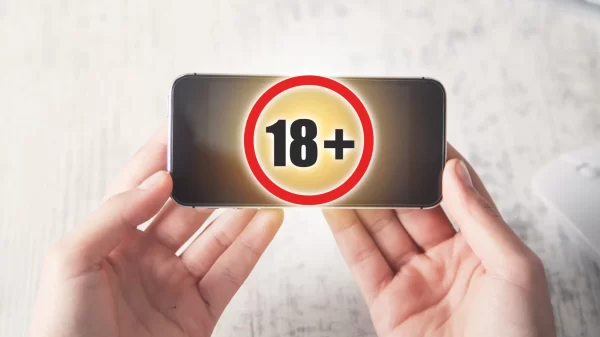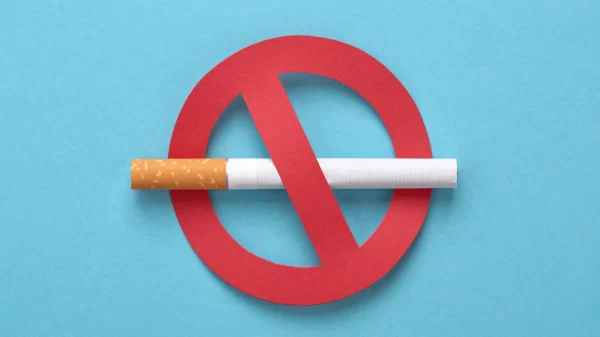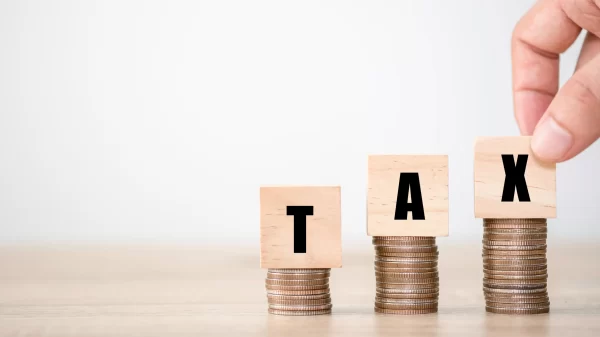By Jim Eddins
As a small vineyard and winery owner in Alabama since 1971 (45 years), I have experience with adult beverage laws and taxes.
Perennial adult beverage legislation, sponsored by the usual suspects, is caused by globalized competition for beer, wine and spirits. A legal concept, a.k.a., the Three-Tier System, is unique to the adult beverage industry since the Repeal of Prohibition in 1933. Computers make the collection, reporting and payment of excise taxes part of Three Tier obsolete in 2016. The monopolistic aspects of Three-Tier is to constrain trade and eliminate competition. Our taxes pay to enforce monopoly. Free Enterprise loses.
Three-Tier Myth: Your adult beverage is a Five-Tier, Farm-to-Table system.
Brewery “off-premises sale of growlers” is lipstick on the hog. Keep reading to learn the Score in this game.
Since 1937 you could always buy IMPORTED beer for off-premise consumption. Three-Tier constraints bankrupted Alabama breweries.
Who won?
Legislative Act 2015-144, aka, HJR154, paragraph (c) stated the goal to study ABC laws related to manufacturing,distribution and sale of alcoholic beverages congruent, competitive, and consistent with alcoholic beverage industry related laws across the USA.
The tax-funded Study was completed by law. No agriculture or consumer advocacy on the Commission, Three-Tier won. “Externals” to the Commission made submittals of issues and solutions as posted on the website of the Alabama Law Institute (ALI). Visit the site and read these opinions. Forums in Mobile, Hoover and Huntsville and travel to North Carolina and Colorado were part of the study.
On January 12, 2016, the Alabama Alcohol Beverage Study Commission (AABSC) officially announced three separate bills for beer, wine, and spirits. Free Enterprise Lost.
My three-minute submittal on wine, The Holy Bible, included reading Revelations, Chapter 13, Verses 16-18, to wit: “That no man might sell or buy without the Mark of the Beast” was not posted to ALI website. The biblical scripture describes three-tier system. The Bible and Free Enterprise lost.
Expectations for improvements in ABC laws from AABSC recommendations were a disappointment, just a crumb from the $1.5 Billion Alabama marketplace. Three-Tier special interests spoke loud and clear.
No incentives for economic growth of a fledgling industry in Alabama, where foreign companies receive $$$ multi-millions in tax exemptions. Rigid “Three-Tier” concepts, distorting “Tied-House” provisions in existing law, were reinforced in the AABSC bills for each beverage category, beer, wine, and spirits. Free Enterprise ZERO!
Well, you can take a growler home.
Federal law intended to prevent a liquor monopoly, not enforce it! Monopoly Wins in Alabama.
Title 28, COA, 1937 established a State monopoly for wines and spirits. Low alcohol beer, 5 percent abv or less, was imported and permitted for licensed distribution and sale in the private sector. Beer at 5 percent abv had to compete with wine and spirits. So, AABSC beer bill increases alcoholic content to 18 percent abv without specifying an increase in excise tax revenue to pay for alcohol abuse. Imported synthetic “Malt Specialty” beer at 24 proof, for $4.99 per mason jar, is available. A creation of chemicals, water, sugar, and no grain to qualify for low malt excise taxes. The General Fund, School Fund and Law Enforcement Lose.
In 2016, is Free Enterprise or Three-Tier the future? Lobbying for monopolistic constraints of Manufacturers has been a perennial activity for decades, especially, since the enactment of the Alabama Native Farm Winery Act of 1979, repealed by the Legislature in 2001. Three-Tier Won.
FACT: Alabama wineries sell direct to ABC Retail Stores. A small win for Free Enterprise.
The House of Representatives Committee passed the recommended HB 176. The beer legislation was lengthy to include certain definitions for Title 28, COA. HB 176 allows “off-premises consumption” a popular concession to Free the Hops folks. Inquiring Minds ask, “Who and why have adult Consumers and licensed brewers in Alabama been denied the same rights as other States and Countries?” Three-Tier lost a little bit.
The recommended distillery bill provided selling ONE 750ml bottle to ONE Consumer PER YEAR. Accountability of direct sales to Consumers was detailed for purposes of reporting to the ABC Auditors. After distillers protested, the bill was amendment to allow One bottle Per Customer Per Day, in exchange for no further opposition. That will hardly pay back investment in a commercial distillery. If you are sober, the ABC store will sell you all you can afford every day? IF, you only have a couple dollars or change, the ABC has something in your price range down to $ .99. We Got Three-Tier almost 100 percent.
SB 166, for winery/vineyard owners, provided for ABC permitting of One Satellite wine store by the individual winery ownership. AABSC recognized that wineries and vineyards are in remote rural areas from urban Consumers. Details of the proposed winery legislation emphatically summarized Three-Tier constraints regarding direct sales to licensed Retail stores, excise taxation, tax collection and reporting. The Alabama Native Farm Winery Act of 1979 (ANFWA) allowed wine tasting and off-premise sales to Consumers. A lawsuit, Henri-Duval Winery of Birmingham LLC (Plaintiffs, Distributor/Importers) versus Alabama ABC Board (Losers) provided an excuse to repeal ANFWA without notice, rebuttal, or debate from wineries. Three-Tier Won.
In 2002, Three-Tier was the real objective of the litigation, not equalization of excise taxes. Raising taxes on Alabama wineries may have generated $50K annually (one State Trooper) for the General Fund, but serious, negative economic impact on wineries was immediate. Competition for imported wines in Alabama was nearly eliminated. See Commission goals on competition….. Mission Accomplished. Approximately 7 million gallons of wine (99.6 percent imported) consumed annually in Alabama. SCORE: Three-Tier 99.6 Alabama Wineries 0.4..
SB166 will not increase revenues for the General Fund and incentives for wineries is negligible. Submittals (ALI): Free Enterprise and Equal Excise Taxation could raise General Fund revenues. ABC used Webster’s Dictionary for legal research of the word “APPLE”, defined as a fruit, therefore the tax is $1.70 per gallon. I looked in the ‘A’s for the word “ALCOHOL”, a clear, colorless, tasteless, chemical compound derived from fruit AND GRAIN THAT IS INTOXICATING.” Malt comes from grain, e.g., beer, except synthetic beer, and has a lower excise tax. When you can buy a mason jar of imported, 24-proof malt specialty, with APPLE label for $4.99 all over Alabama except Clay County, we have a PROBLEM, MONTGOMERY!
“Off-Premises” sales for breweries. GREAT! Revised definitions of terms in existing ABC laws and regulations. Specifically, Apple Cider and Honey Wine w/grain at 18 percent abv were inserted. Who asked for that? Wineries already make fruit and honey wines, Title 28, COA, 1937. Will the Legislature equalize the alcohol excise taxes on Apple Cider and Honey Wine at 18 percent abv to compensate for alcohol abuse? The Legislature makes the laws and levies the taxes, or is it the ABC officials?
Prohibition brought organized crime. Three-Tier brought organized corruption and it has already spoken in Montgomery. Time to try Free Enterprise. The noose of governmental tyranny goes over your head, easily. Fight back before government tightens the noose. Call your Legislator, their vote is your Future in Alabama.
SEMPER FI,
JIM





















































